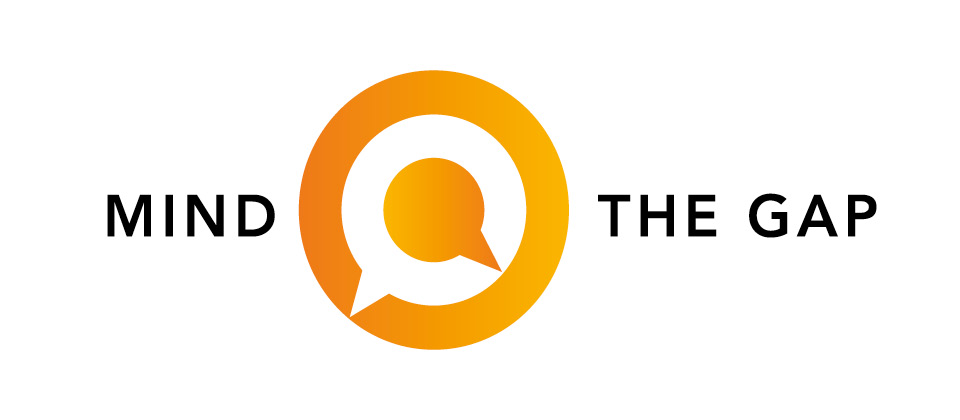One in five employees who accept a new job will not turn up for work on day one. How can great communications help your firm increase its chances of hiring talented people who arrive informed, engaged and willing to be productive from day one?
Did you know that the time between accepting a new job and the start date is when you’re most at risk of losing a new employee?
Nearly a quarter of new employees just don’t turn up for work when they are set to start.
Our research shows that this pre-boarding issue is a key pinch-point which is routinely mis-managed and neglected by businesses when hiring new talent.
Many organisations have no onboarding strategy or process to integrate employees into their business, eating away at a new hire’s first impression, motivation and engagement before they even start.
“The best people have a choice about who they want to work for,” says Sequel’s MD Suzanne Peck.
“Through research and conversations with HR experts, we’ve found that most new employees don’t turn up due to the lack of contact they experience, closely followed by the quality of the communications.”

It’s a vital time to communicate, as typically a new job start time can be anything from two weeks to three months after making the offer. In this time, the new employee may have a counteroffer from their current employer, may continue to be sent potential roles, and can just change their mind given the bad impression being formed.
“This communication gap and neglect is costing organisations valuable manager time, investment, money and potential reputational risk,” adds Suzanne.
Sequel has launched a diagnostic tool to help clients find the gap between what pre-boarding processes, materials and communications they have – and what they might need to get more new hires to turn up on day one.

“You’re taking on great new, talented people and want them to arrive motivated and with that first day excitement they had when they were offered the job. Our diagnostic tool assesses where you are, what the weak spots are and what you need to do to address those issues,” adds Suzanne.
And effective pre-boarding helps you to keep new people and create a great employee experience from the start.
One in five new employees leave a job within the first 45 days, while employees who go through effective onboarding are 69% more likely to stay for three or more years.
“Engaging employees and creating a memorable first impression needs teamwork between HR and IC. We’re using our skills in engaging people, crafting key content and creating effective communications to help organisations be more productive places where people really want to work.”
